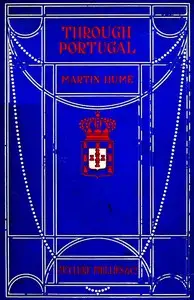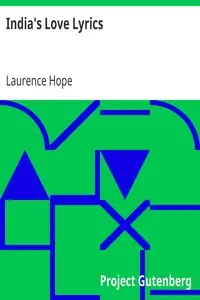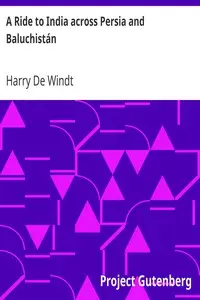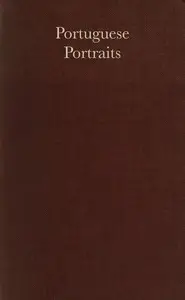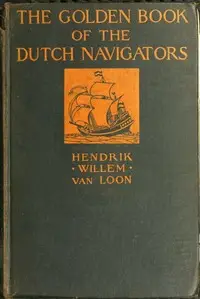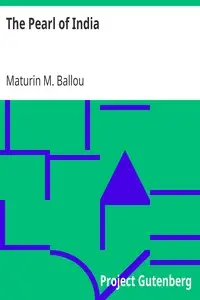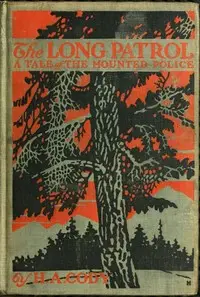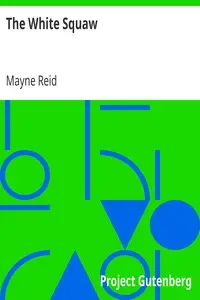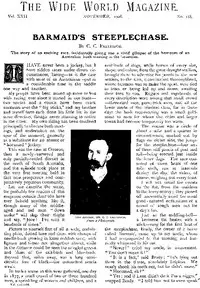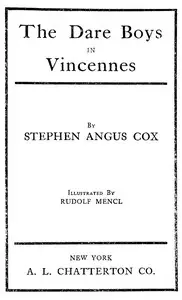"The Lusiad; Or, The Discovery of India" by Luís de Camões is an epic poem that follows the daring voyages of Portuguese explorers like Vasco da Gama as they sail to India, representing a time of great exploration. It's a story filled with adventure, pride in Portugal, and the triumphs of the Portuguese empire, mixing regular people with gods and goddesses like any good epic should. The story kicks off by introducing us to Luís de Camões himself, a guy from a good family who faces tough times early on and has a big heart for both romance and writing. His life takes a turn when his father's ship crashes, leading to a series of challenges, like getting kicked out of the royal court for love troubles, fighting battles against the Moors, and exploring Africa and India. He's shown as a brave warrior and a talented poet, which helps us understand that "The Lusiad" is a result of his own life experiences mixed with the exciting history of Portugal's exploration days. This beginning prepares us for the epic tale to come, combining Camões's personal story with the fiery spirit of a nation breaking new ground.
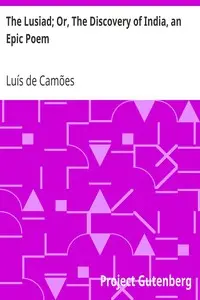
The Lusiad; Or, The Discovery of India, an Epic Poem
By Luís de Camões
Witness the remarkable journey of Portuguese explorers as they navigate treacherous seas and mythical encounters, driven by national pride and the promise of discovery.
Summary
About the AuthorLuís Vaz de Camões, sometimes rendered in English as Camoens or Camoëns, is considered Portugal's and the Portuguese language's greatest poet. His mastery of verse has been compared to that of Shakespeare, Milton, Vondel, Homer, Virgil and Dante. He wrote a considerable amount of lyrical poetry and drama but is best remembered for his epic work Os Lusíadas. His collection of poetry The Parnasum of Luís de Camões was lost during his life. The influence of his masterpiece Os Lusíadas is so profound that Portuguese is sometimes called the "language of Camões".
Luís Vaz de Camões, sometimes rendered in English as Camoens or Camoëns, is considered Portugal's and the Portuguese language's greatest poet. His mastery of verse has been compared to that of Shakespeare, Milton, Vondel, Homer, Virgil and Dante. He wrote a considerable amount of lyrical poetry and drama but is best remembered for his epic work Os Lusíadas. His collection of poetry The Parnasum of Luís de Camões was lost during his life. The influence of his masterpiece Os Lusíadas is so profound that Portuguese is sometimes called the "language of Camões".

